COMMUNICATION SKILLS
STROKE AND COMMUNICATION
Stroke often affects the areas of the brain that control language.
This causes a language problem called aphasia.
Aphasia impacts communication.
It can make it difficult for a person to talk, understand words, read, write, or use numbers.
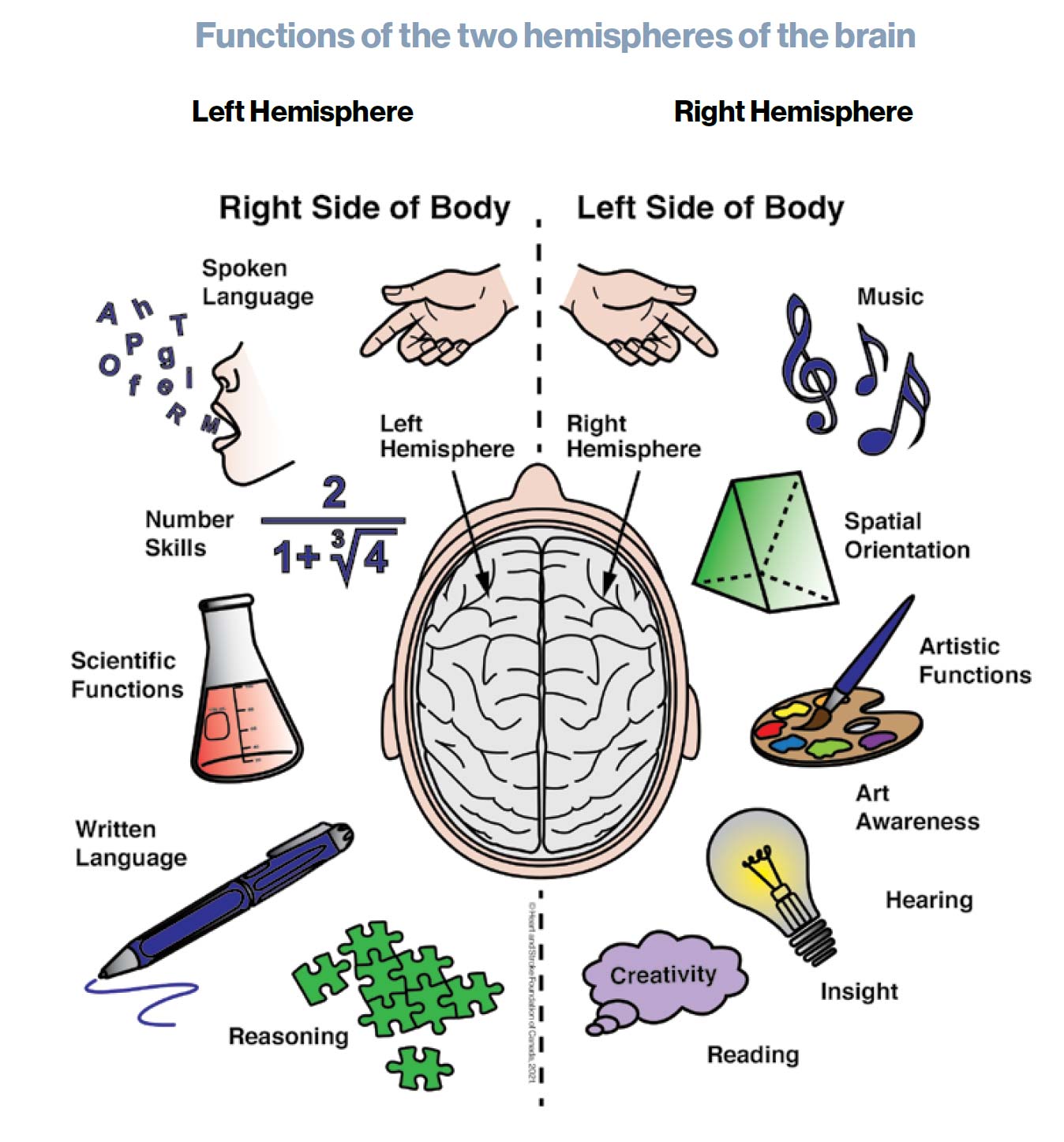
COMMUNICATION SKILLS
A weekly communication group (on Fridays) is directed by a Speech-Language Pathologist – Marie Shuman, BA (Hons), MSc., R-SLP( C), #2541 – along with the support of volunteers (many of whom are pursuing a career in speech-language pathology).
New: The VSRA is offering the PARTNER Program on Wednesday nights from September to November (2025). This program is for a VSRA member with aphasia and a supporter. More information
One of our important programs, is called CAMPUS: Communication and Aphasia Mentorship Program for Undergraduate Students. For over a decade, VSRA has been providing intergenerational-mentorship volunteer opportunities in the Aphasia Communication Group to local university students.
Most of these students have gone on to be accepted into graduate programs in speech pathology and audiology all across Canada, become Speech-Language Pathologists (SLP). They are providing much needed assistive technology and services to people who have difficulty with speaking, listening, reading and writing after a stroke.
Students often remark on how enriched their lives are through interacting with our members during the mentorship process. The stroke survivors with aphasia appreciate knowing that future professionals will understand that it is their communication – not their intelligence – that has been affected by the stroke.
VSRA is able to provide skilled training time for student volunteers from our SLP and the opportunity for UVic volunteer students to interact more frequently and confidently with stroke survivor members who have aphasia.
We believe this experience will empower students as they become proficient in clear, empathetic and flexible conversations, and will inform future intergenerational, personal and professional communications.
The volunteer experience provides students with an education and experience they do not get in class. This will greatly help them apply for grad schools and scholarships, followed by work as speech-language pathologists across the country.
Our current Speech-Language Pathologist has recently increased the number of volunteers and recruited over 16 UVic student volunteers, to the point where we now have one-to-one aphasia stroke survivors to student volunteers.
Most sessions begin with a warm-up exercise, followed by one to two group activities that vary each week. Some activities are focused on everyday tasks, while others are based on member requests/experiences.
Previous activities have included a conversation-based card game, show and tell, poetry, word retrieval exercises, story sharing, targeted-practice board games and word-meaning activities. Feedback and ideas are highly encouraged. This group is for YOU!
Each member is provided with communication supports and strategies to enhance their experience. Participants are encouraged to talk as much as possible while they are in this highly supportive environment, and any form of communication is welcomed.
Both one-on-one and group conversations take place, and the group is a very positive environment for people with aphasia, volunteers and the SLP running the session.
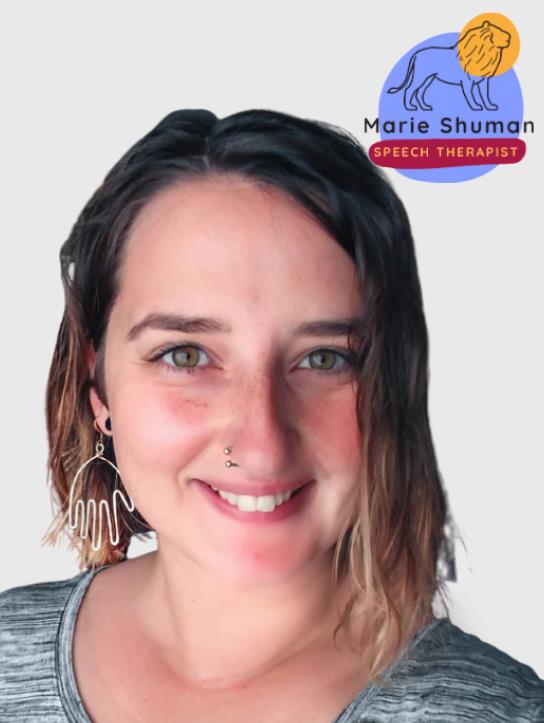

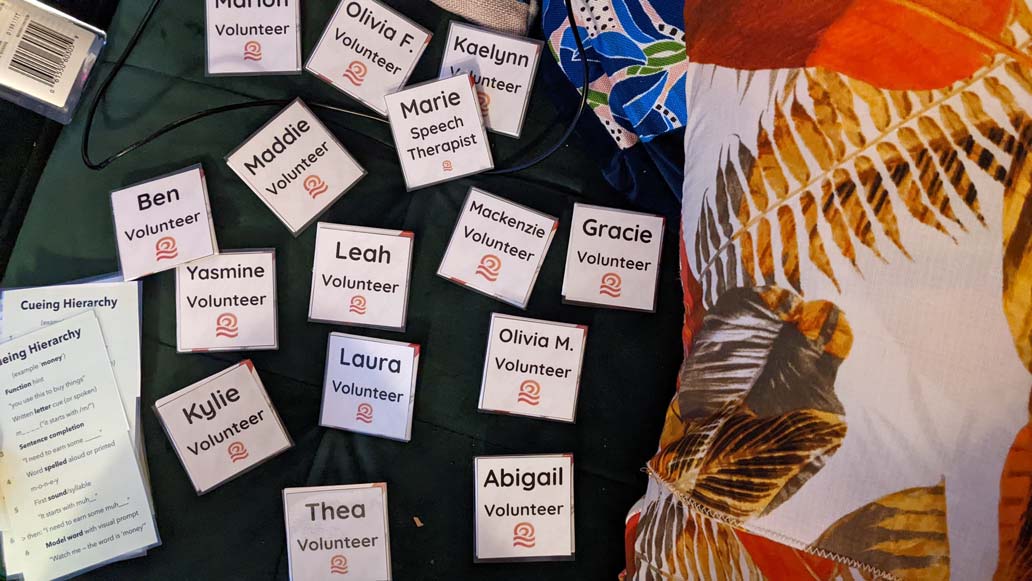
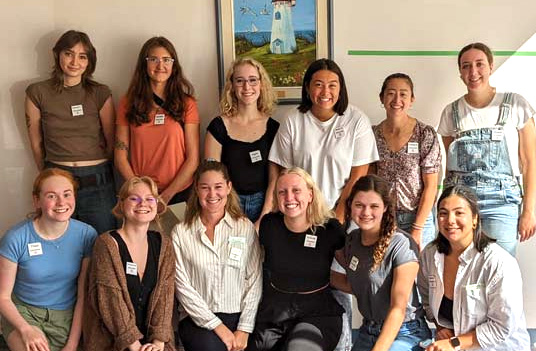
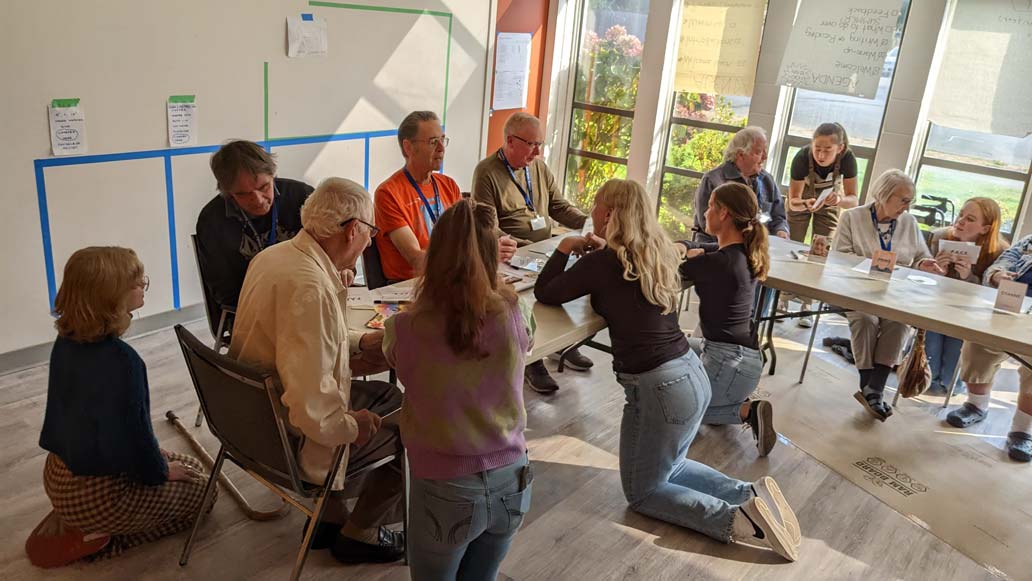

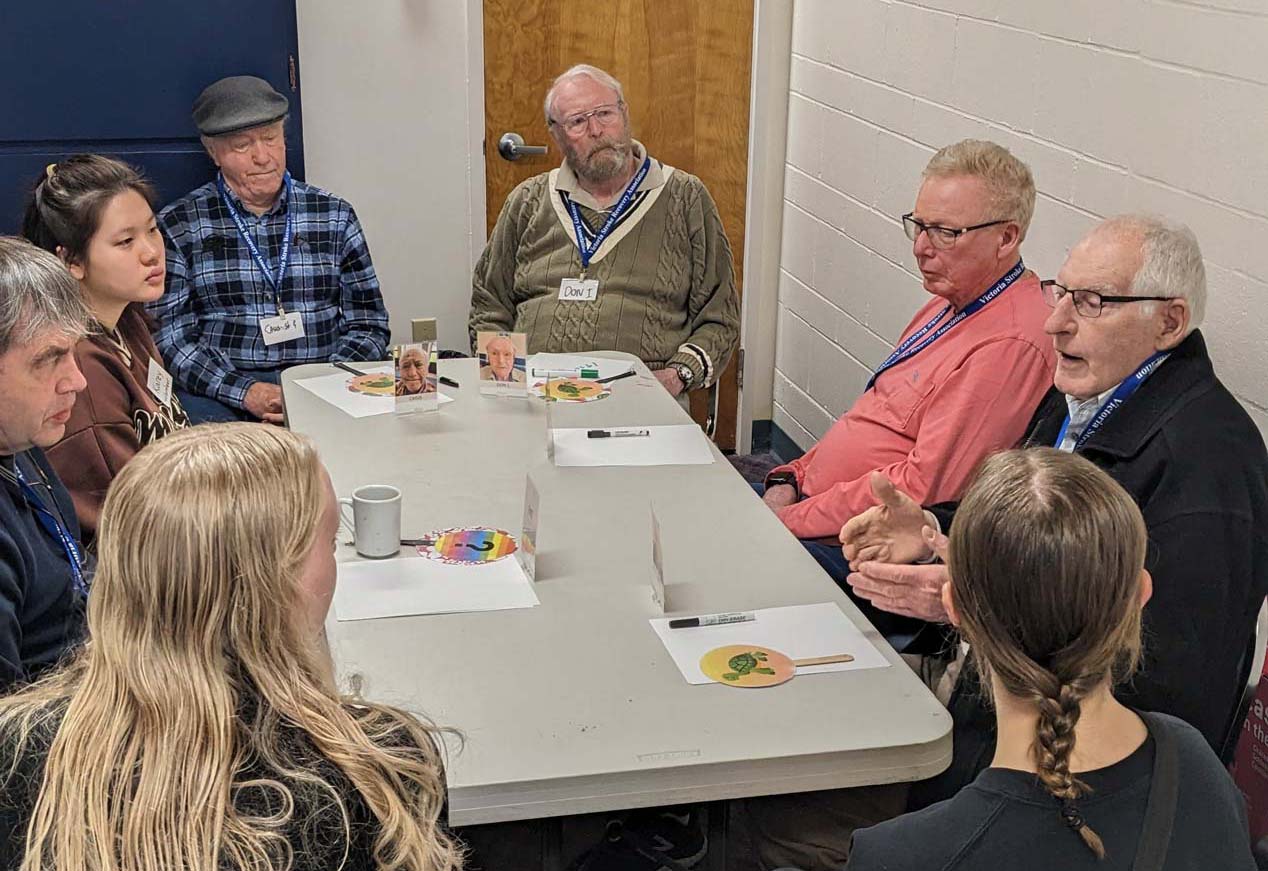
FOLLOW US ON FACEBOOK!

